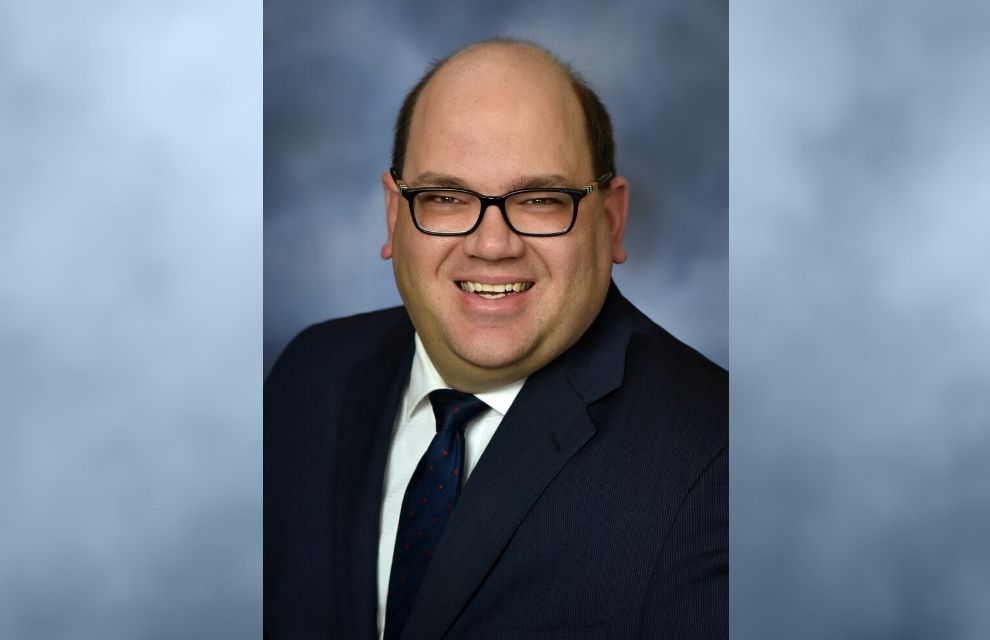The current COVID-19 pandemic is creating captive insurance’s "chance to shine", according to Ben Whitehouse, senior counsel at Butler Snow.
In light of the COVID-19 pandemic, Whitehouse said the time is now for companies to start looking at captive insurance.
Whitehouse explained that there will likely be an increase in lawsuits in the traditional insurance market as the COVID-19 pandemic evolves.
He continued: ”One of the immediate questions to emerge from this crisis is to what extent business slowdowns and shutdowns are covered by current commercial business interruption and supply chain policies. Many policies have a clause limiting business interruption coverage for when there has been a direct physical loss. Whether this pandemic has caused such a loss is going to get a lot of attention in the courts.”
He said businesses that are being forced to close to curve the COVID-19 outbreak, may struggle to get cover from their traditional insurance policy.
He noted: “Many business interruption policies were written to cover a business if it cannot operate due to building damage and not written to cover a public health crisis.”
“Insurers are going to raise rates to try and recover from the paid losses and extensive litigation costs as well as the shrinkage of their investment portfolios."
He added: “It is this kind of environment where a captive insurance company can be given a chance to shine. A captive not only gives businesses the chance to recapture unused premium, but it also allows for more flexible policy forms without the fine print exclusions that lead to coverage gaps.”
Due to the current pandemic, Whitehouse highlighted that business interruption coverage will be either “extremely expensive or non-existent” for businesses come the next renewal.
Whitehouse advised executives to contact their legal departments to find out what policies can cover, as he suggested COVID-19 could follow the same steps at the 1918-19 Spanish Flu epidemic, where there was a second influx of the pandemic.
“We hear a lot of talk about ‘flattening the curve.’ Even when this first wave subsides, there are likely to be repeat breakouts as travel restrictions ease. Businesses need to be prepared for not only resuming operations in upcoming weeks and months but the possibility for additional rounds of social distancing over the next year or longer,” he added.


